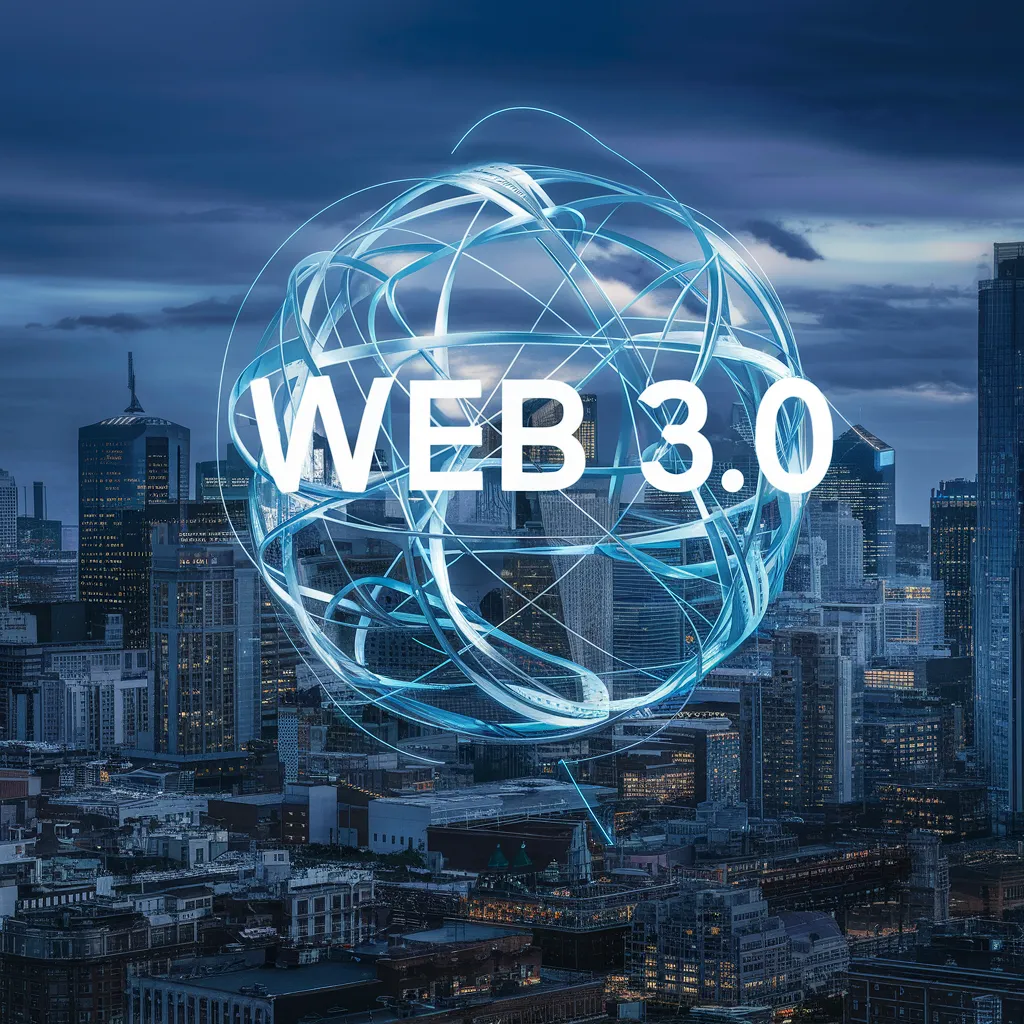This is going to be a multi-part series discussing why Web 3.0 is crucial. Due to advancements in AI, we are seeing things being altered very quickly. Unfortunately, it seems most are asleep to what is taking place, even within the crypto industry.
There are two major components that are going alter the make up of our economies. In this article, we will cover the job situation. There is an example that exemplifies what is about to take place.
In the second one, we are going to deal with the fight against Big Tech. They are positioning themselves to destroy many online businesses, pushing the likelihood of only a few digital platforms running everything to the forefront.
For the moment, let us look at the first reason why Web 3.0 is crucial.

Image generated by Ideogram
Massive Job Destruction
When you take the money out of something, it tends to diminish.
This is the basic essence of human labor. It is becoming devalued with each passing day. The release of the last versions of Large language Models (LLM) revealed this. What we have coming next, in my estimation, is going to blow away what we are presently dealing with.
Of course, the company that gets a great deal of attention is OpenAi. This is important to this article since its Chief Product Officer, Kevin Weil, recently spoke out about where things are going.
What happens when something goes from $6,000 to $3?
I think most would say that is some major deflation. To the users of that product or service, that is a huge decline.
This is exactly what is happening in the legal industry.
OpenAI’s Chief Product Officer Kevin Weil has sparked a profound discussion about AI’s transformative impact on professional services, particularly in the legal sector. His ‘Ray Summit 2024‘ revelation about their o1 model’s capability to produce legal briefs traditionally handled by high-billing associates highlights a dramatic shift in the economics of professional services.
To some, this does not come as much of a surprise. The discussion around knowledge work being devalued at accelerating pace is starting to be felt.
According to Weil:
The stark contrast between traditional and AI-powered legal work is eye-opening: what once required six hours of a $1,000-per-hour associate’s time can nOW be accomplished in five minutes for merely $3 in API credits. This 99.9% reduction in both time and cost raises fundamental questions about the future of professional services and their pricing models.
The last part is clear: these professional services cannot compete. It is really that simple. It is no different than a human bookkeeper producing a spreadsheet at the pace of Excel.
As we stated on numerous occasions, this means jobs. If we focus upon this single service, over time, the revenue coming in will decline. The businesses will have to start reducing costs, meaning people will be let go.
Ultimately, these firms will close up shop. Have you seen a buggy (horse) manufacturer lately?
Why Web 3.0 Is So Important?
If we are entering a period of rapid decline in the value of labor (even if we don't get to post-labor economics), how are people going to survive?
This is the multi-trillion dollar question that nobody seems to have an answer for. What we have is the ownership of the means of production is going to shift seriously.
Here we have the private versus public debate. Many are stating that something like Universal Basic income (UBI) is the answer. While this could make sense on the surface, what is really happening is the means of production is basically being handed to the government. People love free money so they will support this. Of course, this is fine until the political landscape changes and one falls out of favor.
Then your income ends up being eliminated.
Web 3.0 offers the potential for something different. The regular debate operates in the geographically based world. Instead of going this route, the future solution could be based upon communal ownership in networks. Here is where Web 3.0 changes everything.
With the expansion of digital capabilities, economic productivity is being tied, to a greater degree, to networks. Since we are dealing with data, processing, and advancing "intelligence", it is clear how these are becoming more important.
Networks within the Web 3.0 realm are not exclusively owned by corporations. Instead, public blockchains democratize the ownership, allowing anyone to be involved. Here is where the ability to own assets enters.
Thus we see what the debate boils down to: Big Tech versus everyone else.
Web 3.0 provides a different ownership structure that provides the opportunity for communal ownership. People are able to accumulate stake, often through a variety of methods, to have a vested interest in the economic activity that is generated. Over time, if this is increasing, the value of one's holding will follow.
Here is where we see the distribution mechanism change. Users, investors, and entrepreneurs are all on the same footing. It does not matter how one acquires stake. This is radically different from the present business model, where ownership requires either buying in or starting something oneself.
This is a shift from income to staking capital. By having stake, people are presented with a host of financial opportunities.
It is going to be necessary as their job prospects start to dry up.